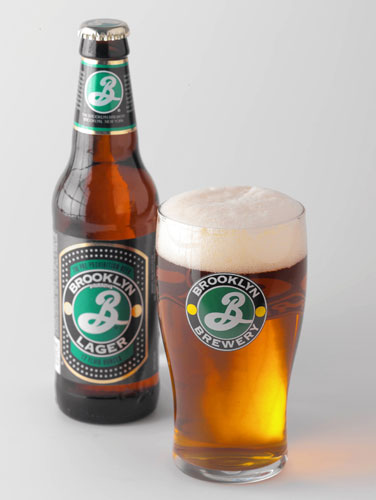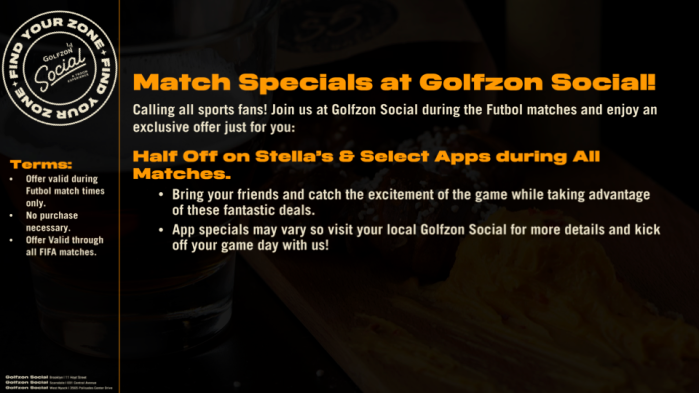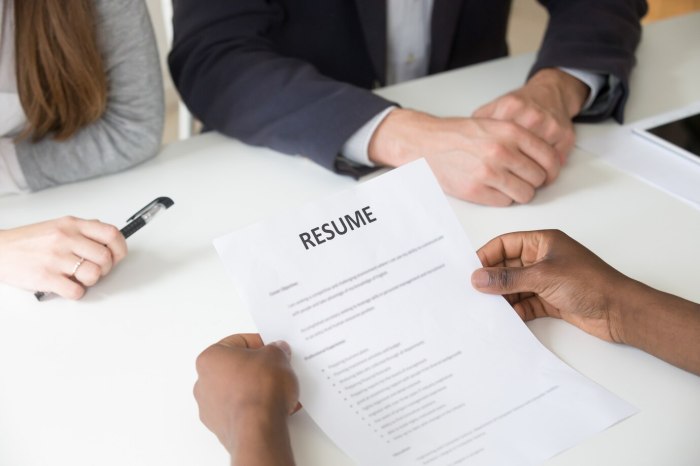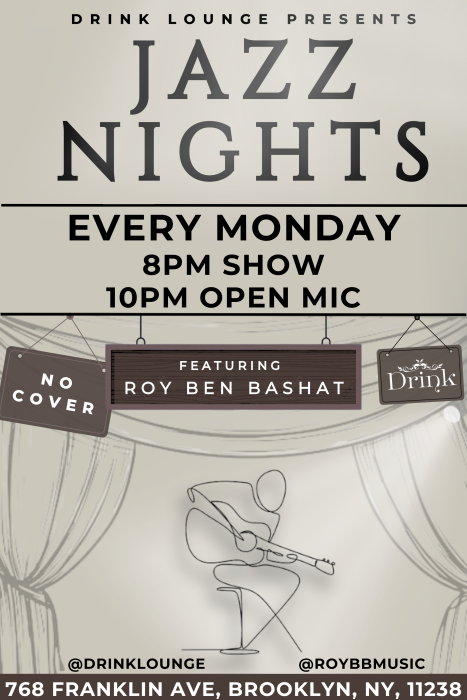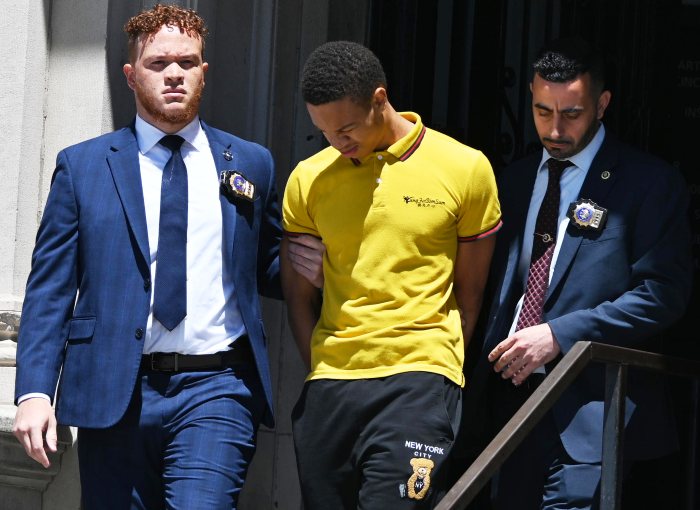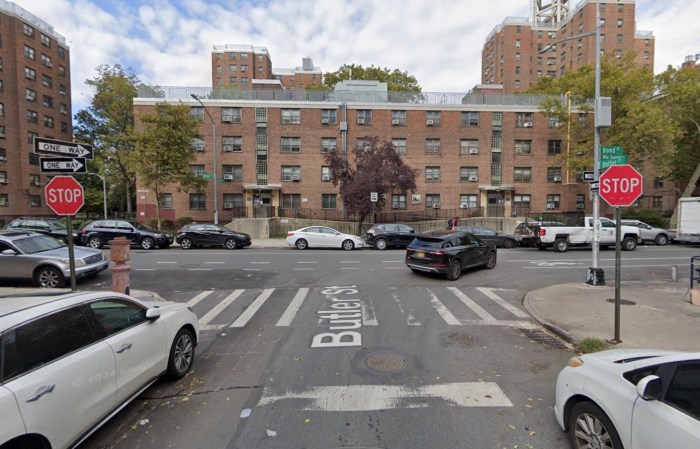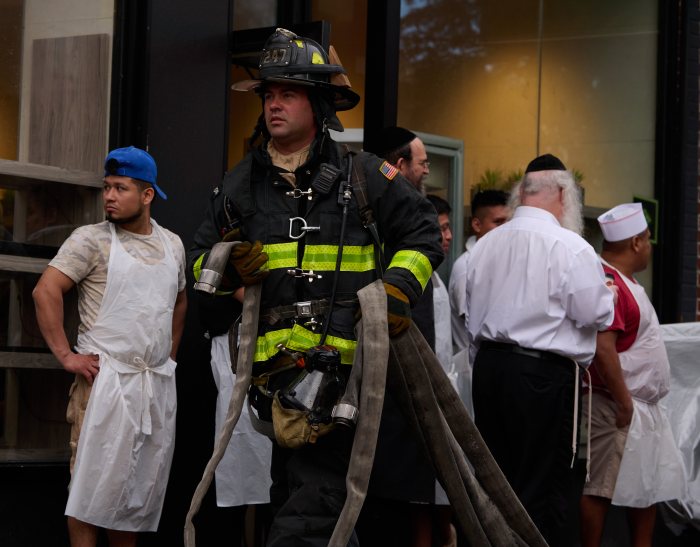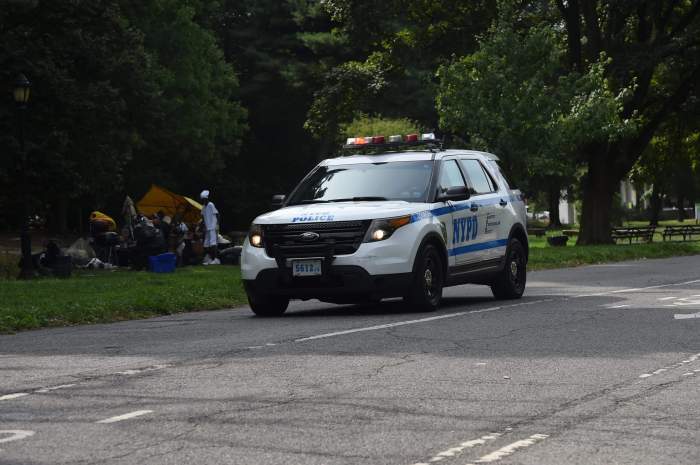A blind woman hauled the owners of Brooklyn Brewery to civil court on federal discrimination charges for allegedly failing to provide a handicapped-accessible website, her lawyer said.
Queens resident Himelda Mendez got all hopped up after she visited brook
“Our client is entitled to damages,” said Joseph Mizrahi. “We’re just here to vindicate her rights.”
Mendez’s screen-reading program, Job Access with Speech, describes websites to its users using text embedded in the sites’ photos and videos, and Brooklyn Brewery’s site lacks that text, according to the suit, which makes other allegations including that the site links to pages without any text — another illegal flaw in its design, the lawsuit claims.
The suit against the Williamsburg brewery is one of 25 that Mendez, who is legally blind, filed since June under the federal Americans with Disabilities Act, which prohibits businesses from discriminating against the physically and mentally disabled by failing to provide reasonable access to storefronts and websites, both of which are defined as public spaces under the law.
And the plaintiff didn’t attempt to notify bigwigs at the suds spot about her trouble using their website before taking them to court, Mizrahi said, because she didn’t have to.
“The short answer is, we did not attempt to do that, because that’s not what the law requires,” he said.
Critics of the federal legislation claim it too often opens up small businesses to such litigation, known as drive-by lawsuits. Last year, another Queens resident, the now-deceased Pedro Fontanes, sued roughly a dozen mom-and-pop shops in Park Slope over alleged accessibility issues despite claims he never attempted to actually patron the establishments.
And many proprietors choose to settle — even if the plaintiff’s lawyer takes home most of the funds — because the cost of going to trial can deal a death blow to their businesses, an attorney whose client was sued by Fontanes previously told this newspaper.
The legal assault on online storefronts is a growing source of liability for businesses, which last year were slapped with 355 accessibility suits over their websites in New York State, the Lawsuit Reform Alliance of New York reported in March.
Part of the problem is that most proprietors don’t realize they are liable for providing customers with the digital equivalent of a ramp, according to a spokesman for the National Federation of the Blind, who said his organization offers to work with business owners to make their websites compliant with the federal law.
“A lot of times a company doesn’t even realize it has an accessibility issue,” said Chris Danielsen. “It’s usually much more productive to try and engage in a conversation.”
And although it is necessary for the blind to have a legal recourse to ensure their civil rights — especially in a largely digitized society — it’s also important that businesses get a chance to clean up their online act before they’re dragged into court, Danielsen said.
“We don’t oppose people being aggressive with their rights, but we don’t feel its responsible to simply file a lawsuit,” he said. “We always encourage blind people to reach out to a business if they are having a difficulty accessing their goods and services.”
Neither a rep for Brooklyn Brewery, nor its founder Steve Hindy, could immediately be reached for comment on the suit.



